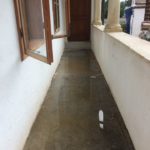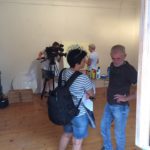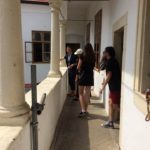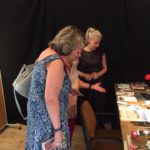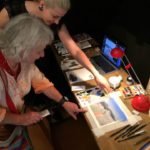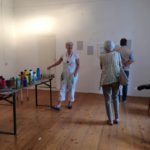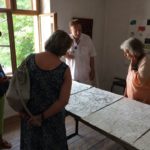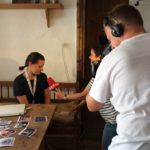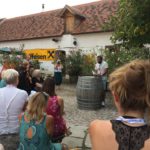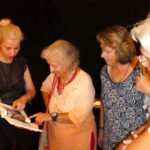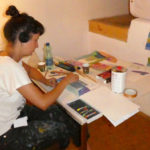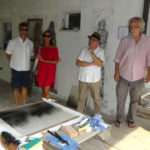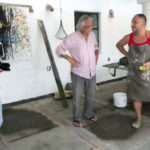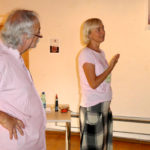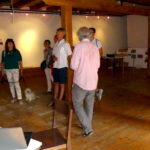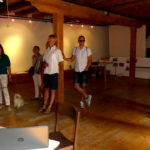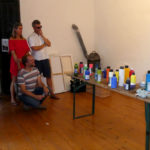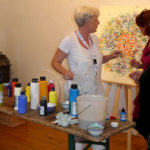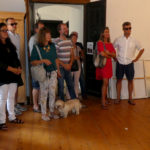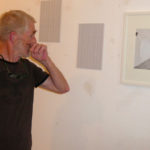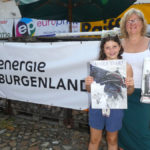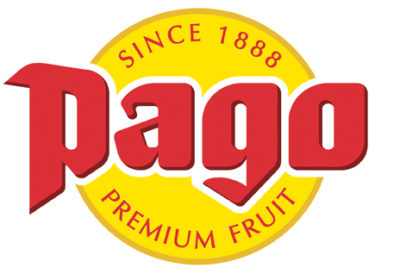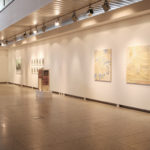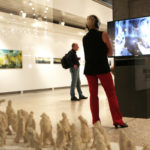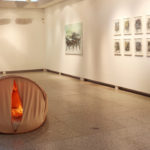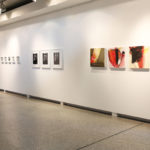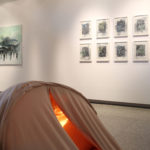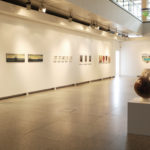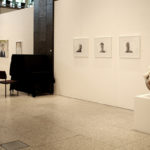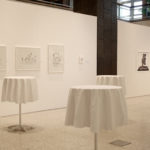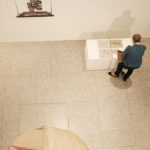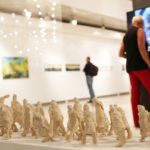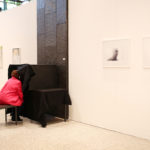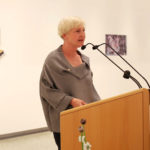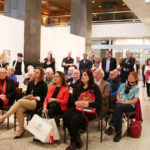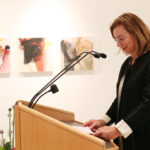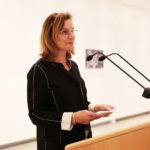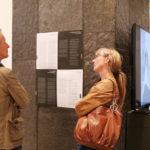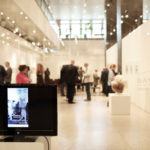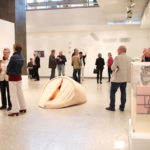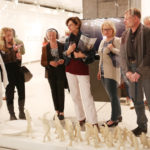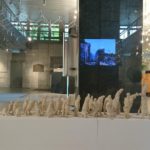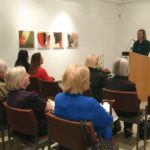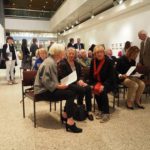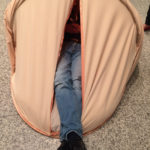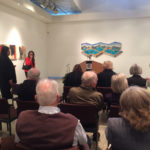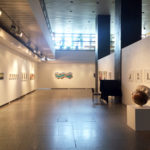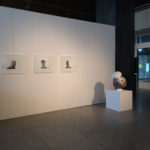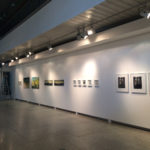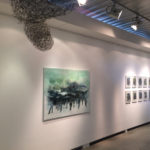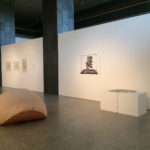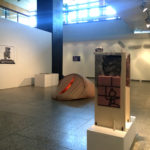Robert Musil was living in Swiss exile when, after years of working on the novel of all novels, The Man Without Qualities, he was still searching for its ending, because an ending was not something he was ever able to find, only sketch out (in thoughts and notes, detours and wrong turns, alternatives and variations, drafts and dreams). Far away from home, and already broke anyway, the threat of total financial ruin loomed over him every day. It was a strange ending to the life of one the greatest and most significant writers of the 20th century, whose work has brought great enjoyment not only to me – for the discrepancy between his novel and his earthly existence was as unparalleled as his work itself. Strange indeed: looking at it from today‘s perspective, the many sorrows and worries of Musil‘s life seemed to disappear when it came to his work (even the second, unfinished volume). Musil the author never feared being left behind, Musil the human feared life immensely; his work remained great and strangely cheerful, while at the same time he despaired, until one Wednesday in Geneva he perished of a stroke. That is horrible, in a way. But is that the only way to look at it?
What is really important?
The present – the future. That hopes can be disappointed is common knowledge. That fear is (not) a good adviser is something only the victims and beneficiaries of Germany‘s current social welfare system know. Even full paying members of the Artists‘ Social Security Fund would not be inclined to leave something like The Man Without Qualities as a giant fragment.
Yesterday, I stood before HIM. He fixated me, regarding me with a calm but intense look, as if he was testing me. I could not bear facing him for long, although I found visiting his former home delightful. Strictly speaking, however, it was not even his – it only looked like it, and was located one floor below Musil‘s original apartment (No. 8), which is now apparently occupied by a slightly mentally disturbed person: a handwritten note taped to the door informs us that he lives in a refrigerator, and has had his stove taken away from him. By the apartment‘s windows I can see dried up flowers, a wild tangle of plants, and above them an arrangement of thin paper strips that is likely supposed to constitute a privacy shield. Very odd.
In Musil‘s new apartment, which I can easily picture as his old one, somebody from the GAV, the Graz Authors‘ Association, is keeping watch. She ushers us inside with kind smile and accompanies us past the small rooms next to the kitchen through Musil‘s former rooms: in particular the bedroom, which we have to cross first in order to gain access to the sanctum, Musil‘s study, where a long desk once carried his manuscripts and books. Behind the desk: the same uniquely shaped bookshelf from the past. It is a work space and a feel-good space at the same time – despite the lighting, which lacks a little in brightness, and the awful noise that keeps filtering in through the windows from the construction and tarring work on the street outside. Even that fits, however: Musil once described, with beautiful irony, the »quiet street« and its traffic noise in the midst of which he had to live and work (allegedly his study was soundproofed; hardly conceivable, given these old windows). I see a splash of dark blue, and further ahead, an intensely dark green: colours as vibrant and bold as Musil‘s prose. Looking over at the neighbouring Palais Salm – a charming little building, much smaller than the Palais Rasumowsky, which lies on the opposite side of the street, which it also leant its name to – this is where he wrote about Ulrich sitting in his palais, looking out from behind the grates that still decorate the windows today. I do not see the small hill Musil described, but I in my mind I can picture Ulrich and Agathe as they observe the pedestrians close-by. Meanwhile, the noise outside persists, and drizzling rain is mingling with the grey sky; inside, memories of the past manage to make time stand still for a little while, thanks, in part, to HIM, who is steadfastly watching me, scrutinising me, not so much questioning as silent – but at the same time, his silence comprises infinite questions. What am I supposed to say? I remain mute, and I leave, unafraid.
We chat a little with the nice woman from the GAV; she says she cannot imagine where Martha Musil even did her painting. There is hardly any room for an easel in the study. Another gap in our education: Martha Musil, the painter. Her beautiful portrait is indeed facing us; across from it, Robert Musil is standing inside his study, with his back straight. I circle the desk, leafing through the various publications of the Graz Authors‘ Association. This way I come across even more dead people who seem strangely alive. A hardcover collection of Musil‘s aphorisms with a beautiful horizontal design finds its way to us from Klagenfurt – another gift, which we proceed to peruse not far from the apartment at Café Zartl, where we watch Vienna‘s last operetta composer while he works, can practically feel the polite Czech waiter wanting to apologise, and sit on the very same red and gold striped cushions Musil probably never sat on. It is no coincidence that none of his scenes are set in a place as deliciously distracting as a coffeehouse.
Biographical to Frank Piontek [DE] »
Born in Berlin in 1964. Has lived in Bayreuth since 1988. Author of numerous essays and articles on musical theatre, art and literature, as well as comprehensive blogs about Musil‘s »The Man Without Qualities« and Jean Paul‘s »The Invisible Lodge« (for the Bavarian State Library). Has given lectures and readings in Bayreuth, Leipzig, Salzburg, Paris, Berlin, Kassel, Bamberg, Verona and Venice. His stage play »Casanova kam zu spät« (»Casanova was late«) premiered in 1997 (at Margravial Opera House in Bayreuth), his play »Siebenkäs« in 2013 (at Studiobühne Bayreuth). Dramaturg for the scenic-musical premiere of Wagner‘s »Men Are More Cunning Than Women« (at Hauptstadtoper Berlin in 2013). Internships in stage direction and dramaturgy at Semper Opera House, Vienna State Opera and E.T.A Hoffmann Theatre in Bamberg. Involved in the concept development for »Jean-Paul-Weg« in Oberfranken, as well as the Jean Paul Museum in Bayreuth.
back to Teilnehmer/innen 2017 »




